Your questions answered.
FAQs.
How does a Trust work?
A trust is a legal arrangement where assets are held by trustees for the benefit of one or more beneficiaries.
There are a number of key components involved in the workings of a Trust, including:
Formation of Trust: The settlor creates a trust by transferring assets to the trustees via deed document. The trustees are then the legal owners of those assets.
Management of Trust: Management of the trust assets is carried out by the trustees according to the terms of the deed document, for the benefit of the beneficiaries.
Distribution: Trust assets or income can be distributed by the trustees to the beneficiaries as outlined in the deed document.
Taxation: For income tax, GST and other tax purposes, Trusts are treated as separate taxpayers.
Trust Law: All Trusts, including Family Trusts must adhere to the Trusts Act 2019.
What is a Trustee?
A Trustee is the individual(s) or entities responsible for managing the trust assets as assigned in the Trust Deed. This could be a family member or friend of the Settlor, or an independent professional Trustee employed to oversee the Trust.
Other important terms used when dealing with Trusts include:
Trust Deed: The legal document that outlines the terms and conditions of the trust including its purpose, the powers and limitations of the trustees and the entitlements of the beneficiaries.
Settlor: The person who creates the trust and transfers assets to it.
Beneficiaries: As defined in the Trust Deed, the individuals or groups who will benefit from the trust assets.
Do I need a Trust?
Common purposes of Trusts include:
Asset Protection: protection of assets in the event of lawsuits, family disputes, complications with creditors.
Estate Planning: Helps with the facilitation of transferring assets after death.
Tax Planning: Achieving tax efficiency when used to distribute income to beneficiaries.
Family Trusts: Commonly used for asset protection and inheritance planning.
Charitable Trusts: Management of assets for the benefit of a charitable cause.
Do you need an accountant for a Trust?
Trust obligations and Trust compliance have changed in recent years, meaning getting the right advice from a Trust expert is essential.
Your trust structure should be reviewed regularly to ensure regulatory compliance.
Why should I use a Trustee service?
A Trust is only effective if it is set up in a way that ensures asset protection, tax efficiency and regulatory compliance. An experienced Trustee service provider has the expertise to ensure all of the relevant requirements are met in order to achieve this.
